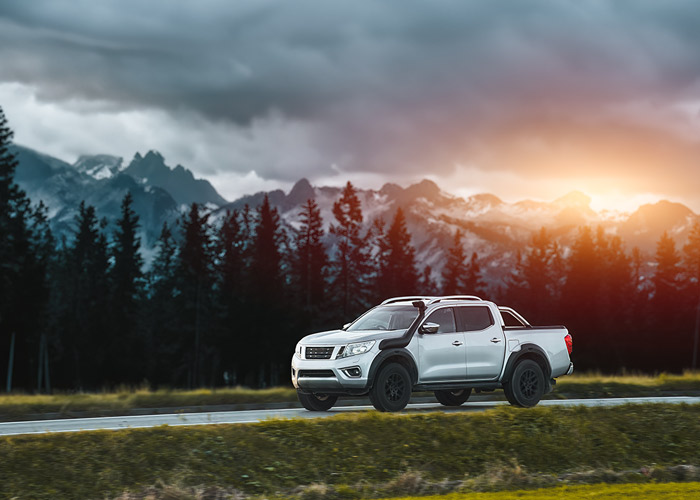A week after HMRC proposed changes to the tax rules for double cab pickups, stating they would be treated as cars rather than vans for employment tax and capital allowances from July 2024, the government has reversed this decision due to strong opposition from the agricultural, automotive sectors, and professional bodies like ICAS.
This change would have significantly affected the tax liabilities for users and businesses owning these vehicles, as cars incur higher taxes and fewer allowances than vans.
As a reminder, taxation on company cars is based on a percentage of the car’s original list price set by the manufacturer, whereas the van benefit is a fixed rate of £3600. The rules for personal use also differ; for cars, this includes travel to and from work. Additionally, there’s a difference in how the provision of fuel for private use is taxed.
However, on 19 February, the government announced that HMRC’s guidance would be retracted, ensuring double cab pickups remain classified in a manner that avoids negative tax consequences for various stakeholders, including those in farming and transportation.
The move, confirmed by Financial Secretary to the Treasury Nigel Huddleston, aims to prevent unintended harm to the UK economy, with adjustments to be made in the next Finance Bill.
Despite this U-turn, the VAT treatment of double cab pickups, which allows for certain VAT recoveries if the vehicle has a payload of one tonne or more, remains unchanged.
This classification under VAT notice 700/57 ensures continued favourable treatment for these vehicles regarding benefit in kind and capital allowances.

